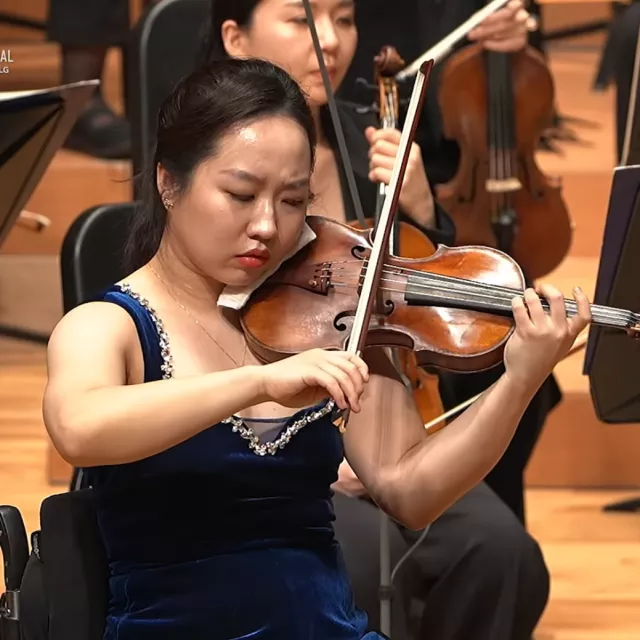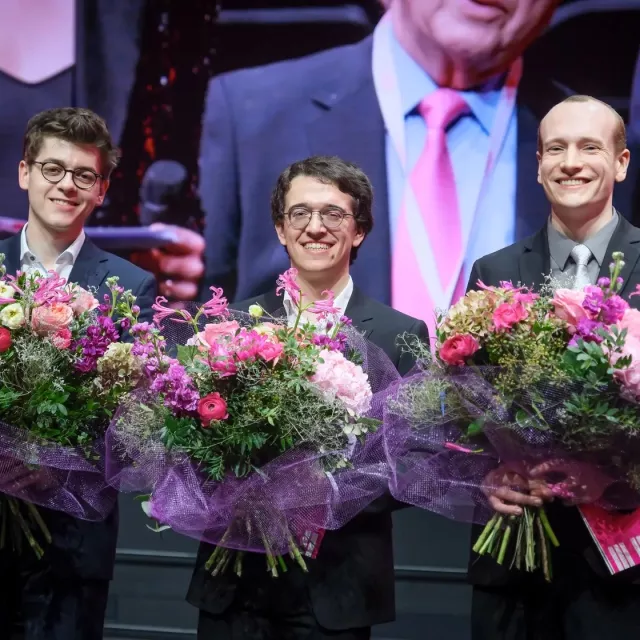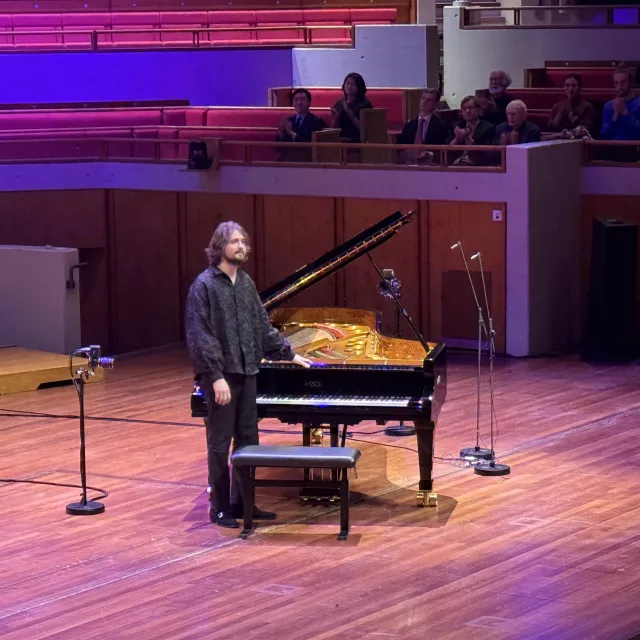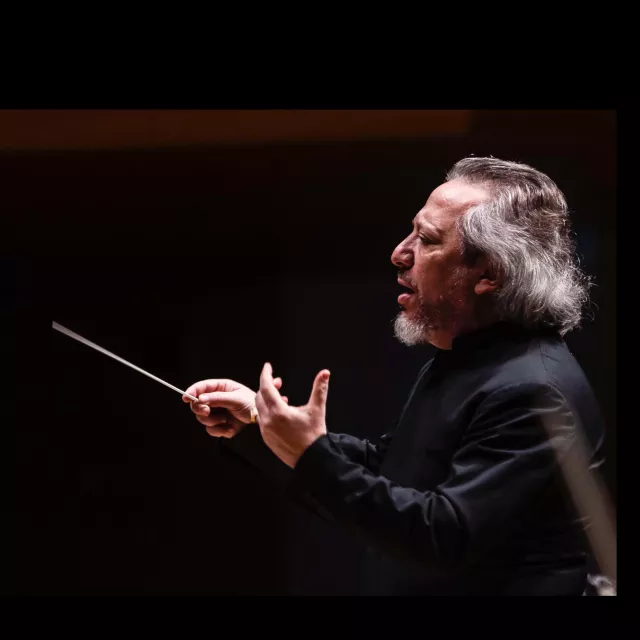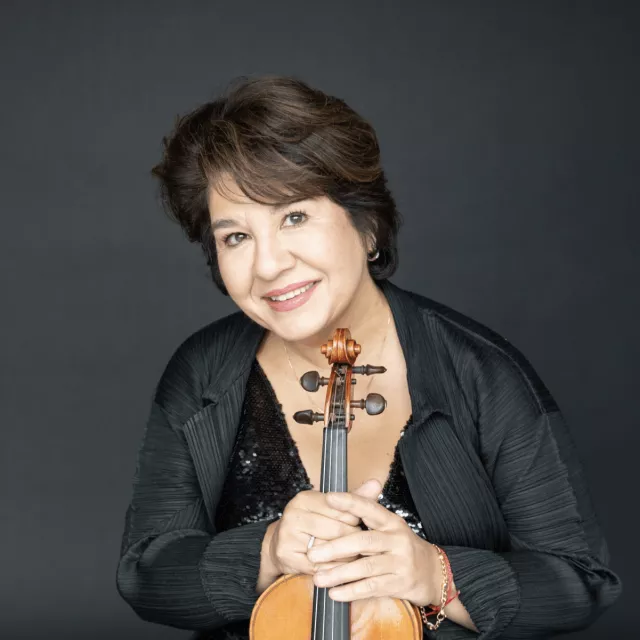Conductor, composer and teacher, Peter Eötvös was one of the most important personalities in recent music history. Opera was always the most appealing thing for him, and so Eötvös wrote stage works that were accessible and understandable to audiences, and all them are regularly performed. Peter Eötvös died on March 24 at the age of 80.
Péter Eötvös, born in 1944 in what was then the Hungarian part of Transylvania, was always considered to be extremely polite and eager to engage in dialogue. The roots of his open-minded thinking can be found in his childhood, when the borders in post-war Hungary were narrow and the young Eötvös' hunger for forbidden Western music was great. He became acquainted with Anton Webern's pieces as underground culture, while his role models were Stockhausen, Boulez, Miles Davis, and Béla Bartók.
At the age of 14, Zoltán Kodály accepted Eötvös into his composition class at the Budapest Academy of Music. At the age of 22, a scholarship took him to Cologne, where he quickly made contact with the musical avant-garde of the time, both as a pianist in Stockhausen's ensemble and as a sound engineer at the WDR recording studio. His breakthrough came in 1978, at the age of 24, when Pierre Boulez brought him to Paris for a concert: Eötvös was appointed musical director of Ensemble Intercontemporain, soon traveling the world as a conductor, and increasingly becoming known as a composer.
In Cologne, Karlheinz Stockhausen became his mentor, encouraging his artistic development, and including him in his ensemble as a keyboard player. Eötvös gave hundreds of concerts with Stockhausen around the world, including month-long performances at the World Expo in Osaka in 1970.
His encounter with Japanese culture broadened his horizons in a lasting way. It was reflected not only in the experimental works of the early 1970s, but also in his later operas, including the one-act opera "Lady Sarashina", based on the records of a Japanese court lady from the 11th century, and "Tri sestri" ("Three Sisters"), based on the drama by Anton Chekhov. This work, which premiered in Lyon in 1998 in a production by the Japanese director Ushio Amagatsu and has since been performed in over thirty theaters, marked Eötvös' breakthrough as an opera composer. It was followed by a considerable number of stage works, for which Mari Mezei, the composer's wife, often wrote or arranged the libretti.
Eötvös has been supporting young composers and conductors at his international Péter Eötvös Institute since 1991. His educational goal: openness to the world. And: a bit of circus. Because, according to Eötvös, it may be the basis of all arts. "What they do is actually life-threatening. And this function of comsbining mortal danger with art should be a basic principle for all the arts. I should take what I compose just as seriously as the artists in the circus. They always have to repeat, if they make a mistake, they have to climb up again and try again. They can't leave things as they are or say, aha, that didn't work- so this applies to all the arts."
©WFIMC 2024/FR


